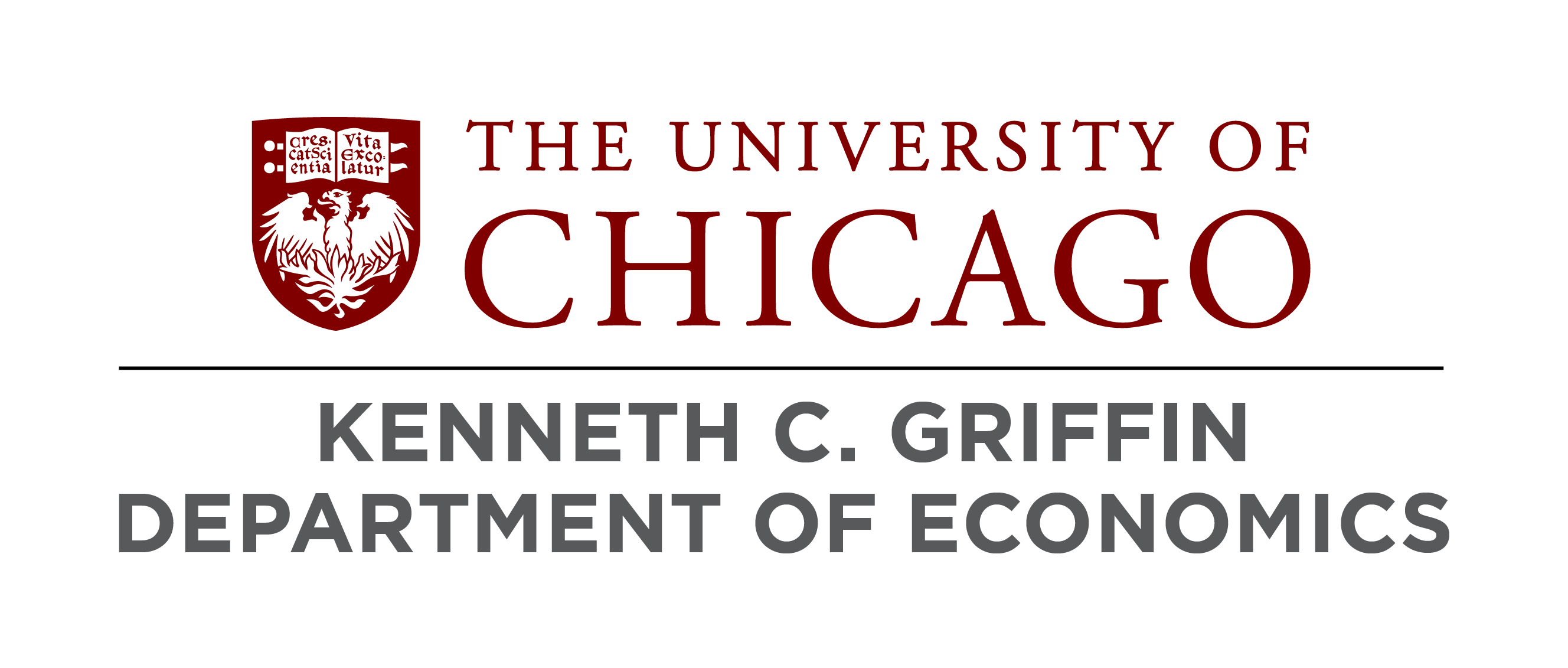
Primary Research Focuses: Finance and Macrofinance
Secondary Research Focuses: Asset Pricing and Theory
References:
- Zhiguo He (Committee Co-chair)
- Stefan Nagel (Committee Co-chair)
- Benjamin Brooks
- Lars Peter Hansen
- Quentin Vandeweyer
Job Market Paper: "Fiscal Insurance and the Pricing of Government Debt"
[Abstract] I study how government debt impacts asset valuations in a general equilibrium model with heterogeneous households subject to uninsurable idiosyncratic risks. The main message is that the interaction between the bond market and the structure of taxation provides valuable insurance to households. Households’ valuation of insurance responds to contemporaneous changes in debt supply because of future adjustments in taxes, which in turn affect asset valuations. Government debt becomes a store of value in the aggregate when the tax burden falls disproportionately on households that experience a favorable history of idiosyncratic shocks. As a result, the market valuation of government debt exceeds the aggregate value of individual tax liabilities. Demand curves for private and public assets are not stable and depend on both the stock of public debt and the structure of taxation. A benevolent government that takes the tax structure as given can only help with idiosyncratic risk by issuing debt until its advantage in providing insurance is exhausted. Excessive debt issuance erodes the value of fiscal insurance but increases households’ precautionary demand for government debt. The response of interest rates is thus non-monotonic in the size of government debt. Higher borrowing costs may indicate that government debt is providing insurance to households. Fiscal insurance also shapes the allocation of aggregate risk, marginal propensities to consume, and the rate of capital accumulation.
 THE UNIVERSITY OF CHICAGO
THE UNIVERSITY OF CHICAGO

